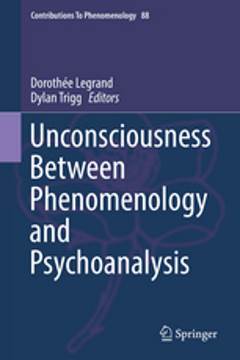Repository | Book | Chapter

(2017) Unconsciousness between phenomenology and psychoanalysis, Dordrecht, Springer.
This immense fascination with the unconscious
psychoanalysis and surrealism
Alphonso Lingis
pp. 261-277
Psychoanalysis appears to intellectual historians and anthropologists as a general theory of dreams, trances, hallucinations, and certain physical symptoms that derives from nineteenth-century German Romanticism and arrogates scientificity to itself. It embodies a further stage of metaphysical subjectivism, attributing what is seen in dreams, trances, hallucinations, and certain physical symptoms to unconscious drives, desires, anxieties, and conflicts in the subject. These are posited, deduced, by interpretation. The interpretations vary with different psychotherapeutic schools and criteria for the reliability of interpretations are in question. Anthropologists find that psychoanalysis does not succeed in explaining all the phenomena covered by the general conceptions of other cultures. The Surrealists devoted themselves to the products of the unconscious, but instead of using them for therapy, set out to integrate them into conscious life. This led them away from metaphysical subjectivism and revealed the ethnocentric character of psychoanalytic doctrine.
Publication details
DOI: 10.1007/978-3-319-55518-8_15
Full citation:
Lingis, A. (2017)., This immense fascination with the unconscious: psychoanalysis and surrealism, in D. Legrand & D. Trigg (eds.), Unconsciousness between phenomenology and psychoanalysis, Dordrecht, Springer, pp. 261-277.
This document is unfortunately not available for download at the moment.



